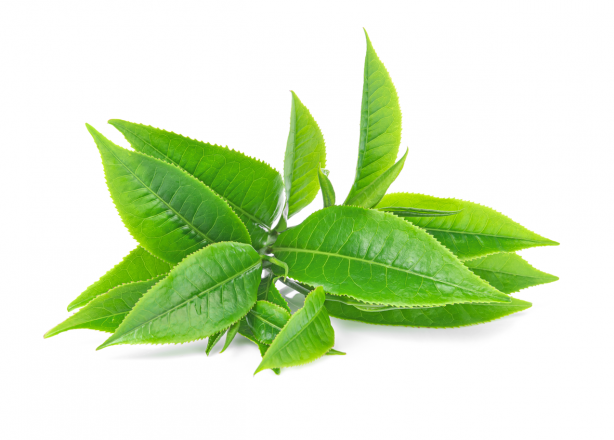Advertisment
Green tea lowers mortality among stroke survivors

Article written by Bruce Sylvester.
Daily consumption of green tea lowers the risk of death among stroke survivors, Japanese researchers reported on Feb. 4, 2021 in the journal Stroke.
Likewise, they reported that coffee consumption lowers mortality among heart attack survivors
“To the best of our knowledge, this is the first to find the associations of green tea consumption with all-cause mortality among stroke survivors,” the authors said. “In addition, an inverse association of coffee consumption in relation to all-cause mortality was observed among persons without a history of stroke or MI [myocardial infarction] and with a history of MI, but not among stroke survivors,” they added.
The investigators evaluated data from the Japan Collaborative Cohort Study which enrolled 46,213 subjects — 478 stroke survivors, 1,214 MI survivors, and 44,521 persons without a history of stroke or heart attack. They were aged 40 to 79 years at baseline (1988–1990). All subjects provided information about lifestyle, diet, and medical history, and they were followed up for mortality until 2009.
During the 18.5-year median follow-up period, the investigators found that green tea consumption was inversely associated with all-cause mortality among stroke or heart attack survivors. Compared with subjects who rarely consumed green tea, stroke survivors who consumed at least seven cups of green tea daily lowered their risk of all-cause mortality by approximately 62%.
They found no similar association between green tea consumption and mortality among subjects without a history of stroke or heart attack.
Heart attack survivors who consumed one cup of coffee a day reduced their overall risk of death by approximately 22% compared to non-consumers.
Subjects with no history of stroke or heart attack who consumed one or more cups of coffee weekly achieved a 14% lower risk of all-cause mortality compared to non-coffee drinkers.
“There is a strong need for scientific evidence on the lifestyles among survivors of stroke and heart attack considering the rapidly aging population and the need to improve life expectancy following these cardiovascular events,” said author Hiroyasu Iso, M.D., a professor of public health at Osaka University in Suita, Japan.
“An important distinction to make is that in Japanese culture, green tea is generally prepared with water and without sugar. Additionally, coffee is prepared with water and occasionally milk and sugar,” said Iso. “The healthiest way to prepare these beverages is without an unnecessary amount of added sugars,” he added.
The authors noted that their findings on the inverse association between coffee consumption and the risk of all-cause mortality among MI survivors are consistent with findings from previous studies in Western countries.





